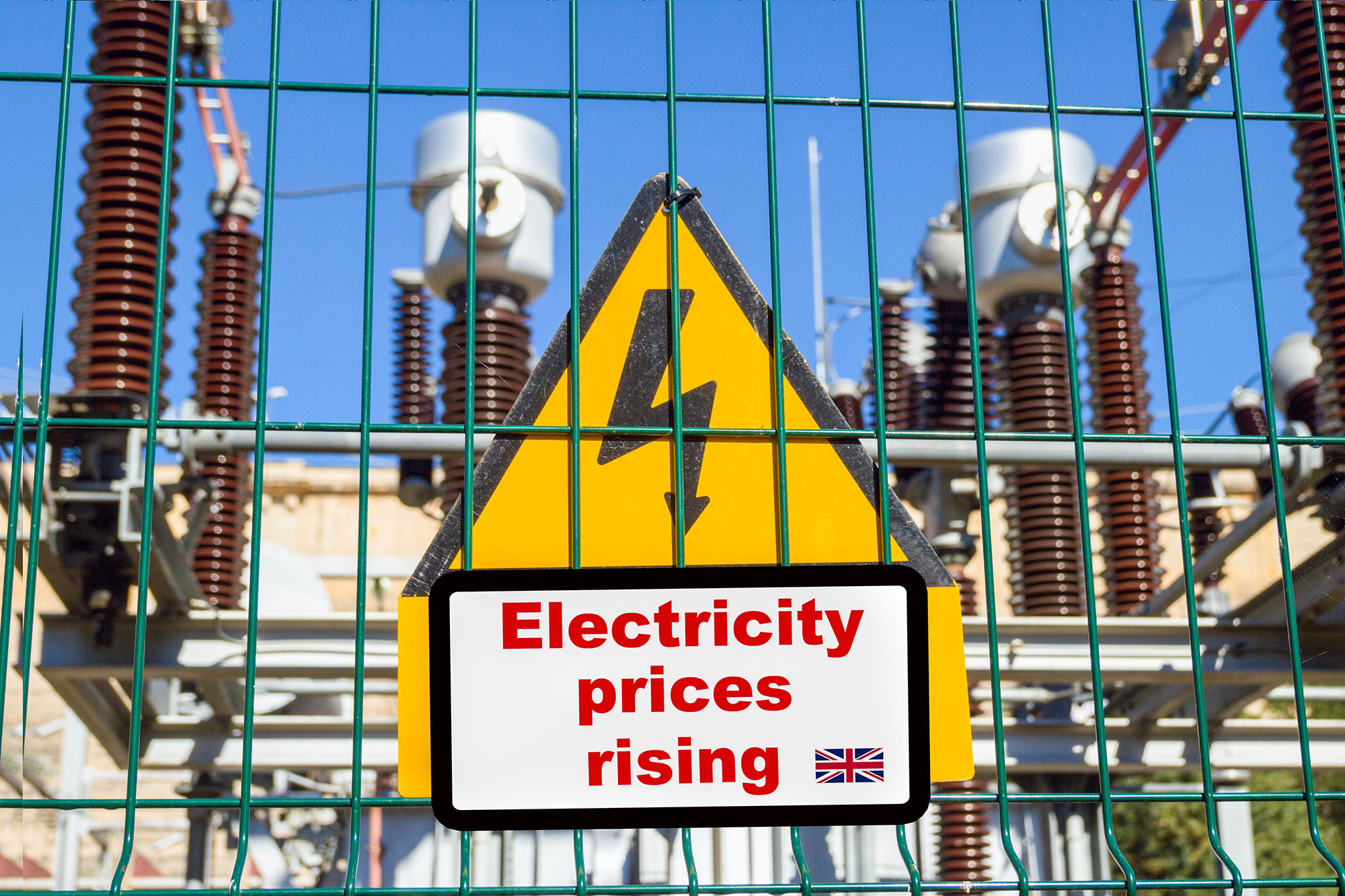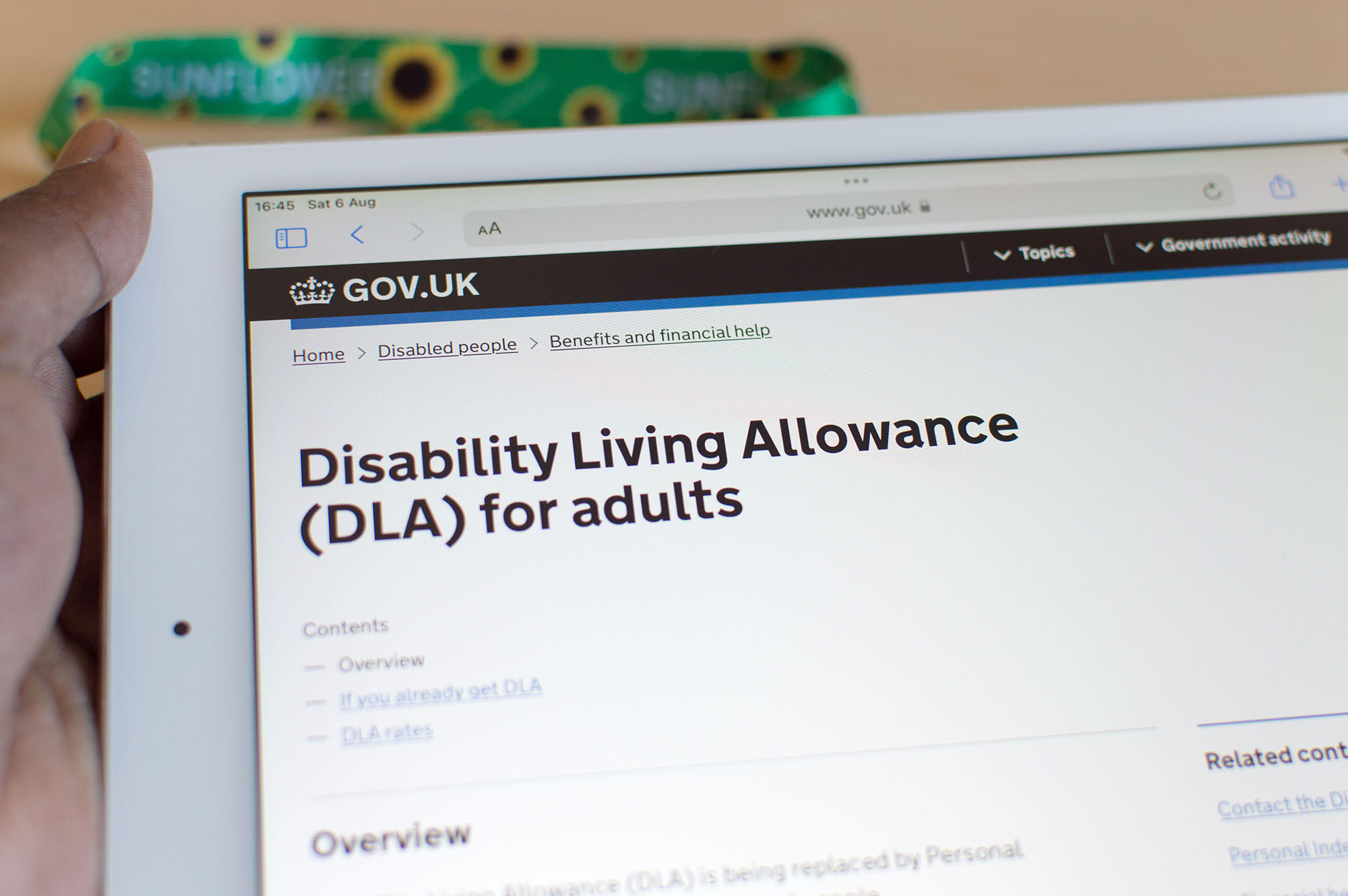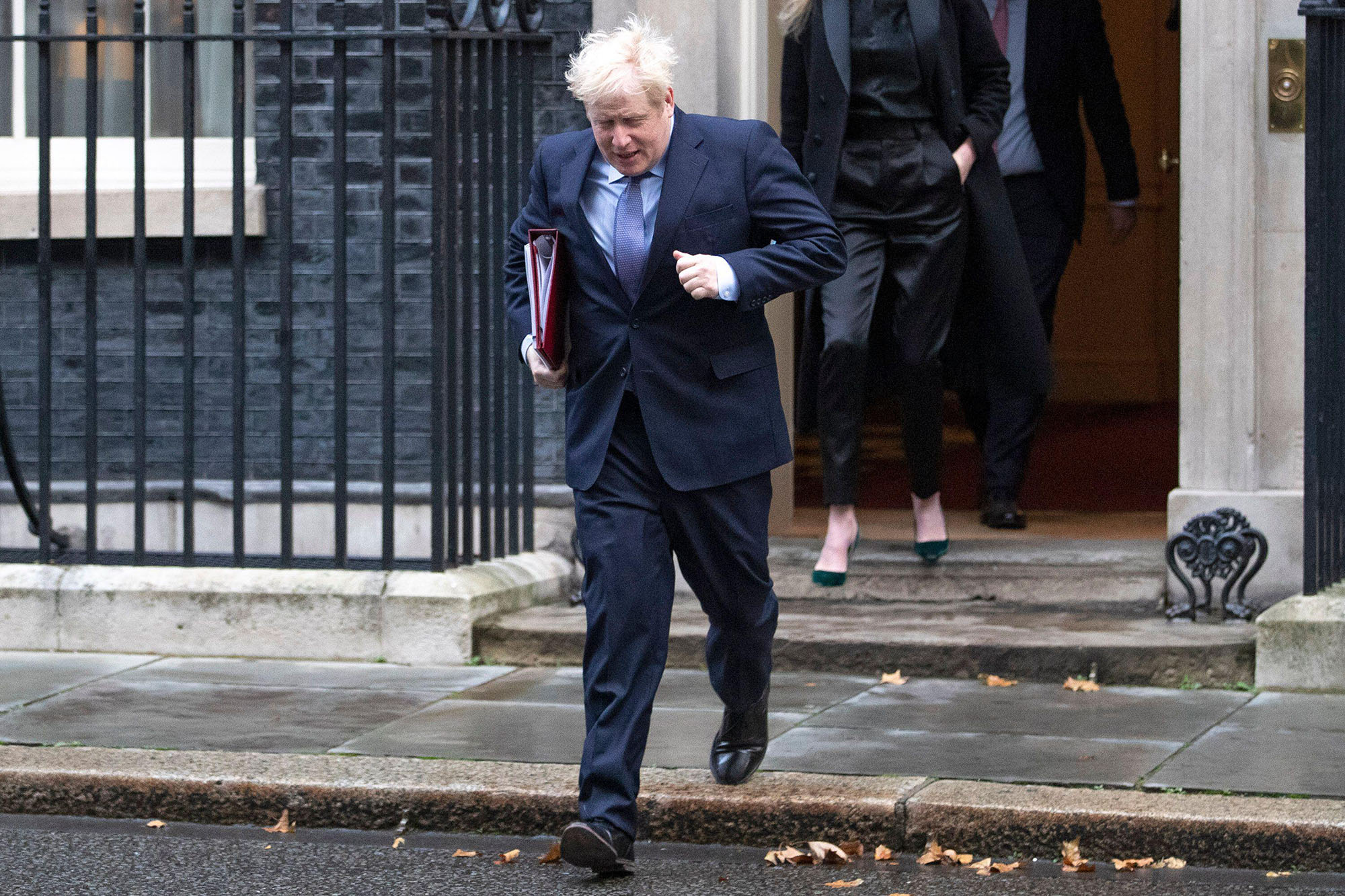Civil Service Strikes, Disability Benefits Reforms, Partygate Revelations Continue
The PCS union is calling for a 10 per cent pay rise (Alamy)
7 min read
Tens of thousands of civil servants will strike at the beginning of February in a long-running dispute over pay and conditions.
The Public and Commercial Services union (PCS) has announced that 100,000 members in 124 government departments, as well as other bodies, will walk out on 1 February.
The union is calling for a 10 per cent pay rise, improved pensions, job security and no cuts to redundancy terms.
A further 33,000 union members in five more government departments are re-balloting next week to join the strikes.
Civil servants are the latest of many occupations to announce strikes, joining nurses, ambulance workers, transport workers, and postal workers.
In an attempt to tackle widespread industrial disputes, the government met with a range of union leaders on Monday, to varying levels of success.
A source told PoliticsHome that the Treasury does not plan to grant additional money to departments to fund public sector pay settlements, making an end to the deadlock with unions even less likely.
The health secretary met with the British Medical Association (BMA) today to discuss potential strike action by junior doctors, who are currently being balloted.
PCS has also opposed the new anti-strike legislation introduced by the government this week, which will make it harder for public sector workers, including Border Force officers, firefighters and NHS staff, to strike.
Mark Serwotka, PCS General Secretary, said: “The government should be putting money in our members’ pockets, not trying to put our members behind bars.
“Criminalising the people who keep our borders safe is not the way to resolve an industrial dispute. It’s reprehensible, provocative and vindictive, and we’ll fight the legislation every step of the way.”
Millions left without power after running out of energy credit
 Thousands of people racked up debt to energy suppliers in 2022 (Alamy)
Thousands of people racked up debt to energy suppliers in 2022 (Alamy)
Millions of people were left in cold, dark homes last year due to running out of credit on prepayment meters, according to a major report.
Citizen’s Advice revealed that forced installation of prepayment meters led to 3.2mn people without power when they could not afford to top them up.
The charity is now calling for a total ban on forced prepayment meter installations, citing particular concern about those with disabilities and long-term health conditions.
Suppliers have started enforcing prepayment meters as thousands of people were racking up debt in 2022 as a result of the cost of living crisis, according to a report by Citizen’s Advice.
Prepayment meters use a pay-as-you-go system where you have to pay for your gas and electricity up front, with the unit rate usually higher, making fuel more expensive.
Citizens Advice is calling for an immediate ban on the use of court warrants to force people to switch to prepayment meters and warns that otherwise a further 160,000 people could be switched by the end of this winter.
Dame Clare Moriarty, Chief Executive of Citizens Advice, said: “All too often the people finding it hardest to pay their bills are being forced onto a prepayment meter they can’t afford to top up. This puts them at real risk of being left in cold, damp and dark homes.
“New protections are needed to stop people being fully cut off from gas and electricity. Until then, there must be a total ban on energy companies forcing those already at breaking point onto prepayment meters. If Ofgem doesn't act, the government must intervene.”
Benefits reform planned to tackle labour shortages
 The number of people on disability benefits has increased to around 2.2 million (Alamy)
The number of people on disability benefits has increased to around 2.2 million (Alamy)
Disability benefit claimants could continue to claim after returning to work, under plans to boost employment in the UK.
The Times reported that the Treasury is also considering plans to offer tax breaks as a way of incentivising people to return to work.
The government is looking at ways to reduce the number of people out of work and tackle the increase in people on disability benefits, which has increased to around 2.2 million.
Labour shortages have increased since the pandemic, with around 20 per cent of disability benefits claimants saying that they want to work but under 2 per cent entering employment each month.
The Institute for Public Policy Research (IPPR) published a report in December which showed that poor health – both physical and mental – is undermining the UK economy.
Jo Bibby, Director of Health at the Health Foundation, responded to the report and described the findings as pointing to a “deeply concerning picture of the nation’s health”.
“For the first time since the industrial revolution, after a century of rapid progression, health and well-being in the UK are at risk of going backwards,” she said.
“And this decline is at risk of worsening if not urgently addressed.
“To get the country back on its feet, the government must follow through on its commitment to improving life expectancy in the most deprived areas.
“We must work towards a more holistic economic growth strategy acknowledging that health and wealth are inextricably linked. And where health is firmly seen as an asset to be invested in.”
Boris Johnson joked about lack of social distancing at No 10 party during lockdown
 Johnson is already under investigation for a misleading Parliament over 'partygate' (Alamy)
Johnson is already under investigation for a misleading Parliament over 'partygate' (Alamy)
Former prime minister Boris Johnson reportedly joked that he was attending "the most unsocially distanced party in the UK" at a gathering in No 10 during a Covid lockdown.
ITV News reported the comments were made at an alcohol-fuelled leaving party for communications director Lee Cain in November 2020, when England was in its second national lockdown during the pandemic.
Social distancing was required in workplaces and indoor gatherings were banned except for “work purposes”.
A source told ITV: "I was working late - some music came on, the mumbling sort of rose, and there were loads of people stood around, but this time I came out because I heard the prime minister speaking and that's when I heard the quote: 'This is the most unsocially distanced party in the UK right now' and everyone was laughing about it."
Johnson is already under investigation for a string of allegations relating to parties during lockdown and is due to appear before the Commons Privileges Committee to uncover whether he misled MPs in Parliament about whether rules were broken – a serious breach of parliamentary privilege.
Rishi Sunak visiting Scotland
The Prime Minister is expected to travel to Scotland on Thursday to meet First Minister Nicola Sturgeon.
Rishi Sunak is making a two-day trip up north, according to the BBC’s Chris Mason, which was initially scheduled before Christmas but then delayed.
The Prime Minister and First Minister met in Blackpool in November for the first time, where talks were described as "constructive and cordial".
Sturgeon told Sunak she was "ready and willing" to negotiate a path to a second Scottish independence referendum.
Sunak has struck a more conciliatory tone towards the Scottish parliament than his predecessor Liz Truss, who did not have a single phone call with Sturgeon throughout her 44-day premiership.
The visit is the latest sign that Sunak is on a diplomatic charm offensive.
On Wednesday it was announced that the Prime Minister will meet French president Emmanuel Macron in Paris in March for the first UK-France summit in five years.
Sunak hopes to build co-operation on tackling migration across the Channel and win Macron’s support for a compromise on the post-Brexit Northern Ireland Protocol.
There are hopes for a breakthrough on the Protocol deal as Foreign Secretary James Cleverly visited Belfast this week to allow "Northern Ireland politicians to talk through issues around the Northern Ireland Protocol".
